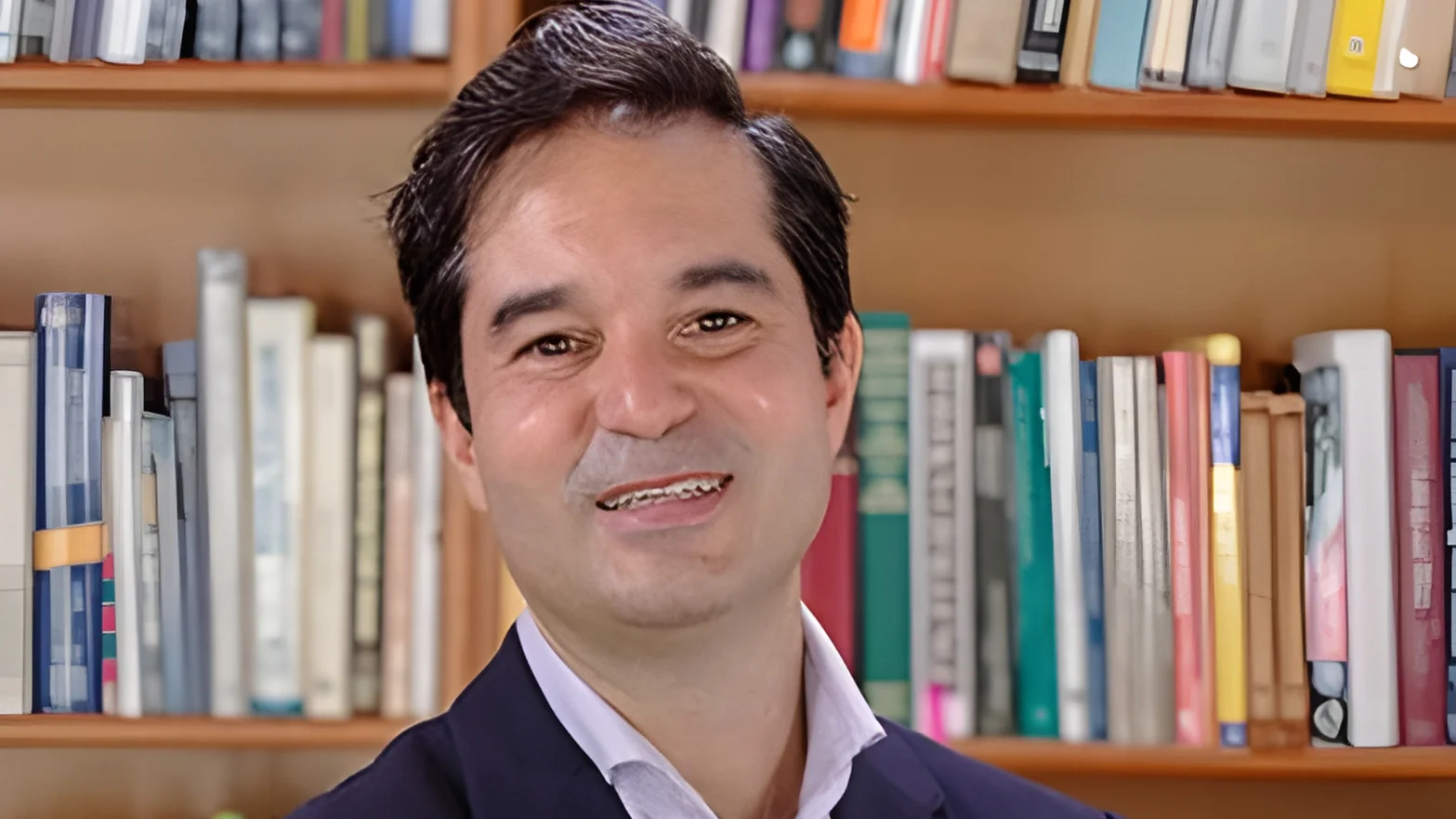Ana Lucía Rodríguez, historian and writer, presented her new book "Julio César Méndez Montenegro: el demócrata" at the Academy of Geography and History of Guatemala on October 29, 2025. The biography examines the life and presidency of Julio César Méndez Montenegro, who served as Guatemala's civilian president from 1966 to 1970.
Rodríguez explained her motivation for writing the book: "For me, delving into the figure of Julio César Méndez Montenegro means returning to public debate a figure sometimes misunderstood, even forgotten, in Guatemalan political historiography. The book reconstructs facts about his life, his presidency, and his historical context, and invites reflection on concepts such as democracy, institutionality, and polarization at a particularly complex time for Guatemala. Méndez Montenegro was president, an academic, a man of law and a protagonist of the twentieth century."
The book draws on extensive research from historical archives, interviews with descendants of Méndez Montenegro, newspapers, and documents from that era. It also explores lesser-known aspects of his family background and academic work.
Méndez Montenegro governed during a period marked by political and ideological divisions in mid-20th-century Guatemala. According to Rodríguez's research, he sought to avoid extremes while advocating for democratic ideals above partisan interests.
Rodríguez is also the author of another biography focusing on Manuel Lisandro Barillas—a military leader who became president—and provides details about Barillas’s career trajectory and legacy. Both works aim to highlight figures whose roles in Guatemalan history have not been widely studied.
At Francisco Marroquín University (UFM), Rodríguez teaches courses including History of Guatemala, Ethics of Liberty, and Economic Analysis of Public Decisions. She is affiliated with both the Henry Hazlitt Center and the Institute for Political Studies and International Relations at UFM.
Her ongoing research focuses on bringing attention to key historical figures involved in building Guatemala’s institutions while encouraging rigorous study of their legacies in contemporary discussions.

 Alerts Sign-up
Alerts Sign-up